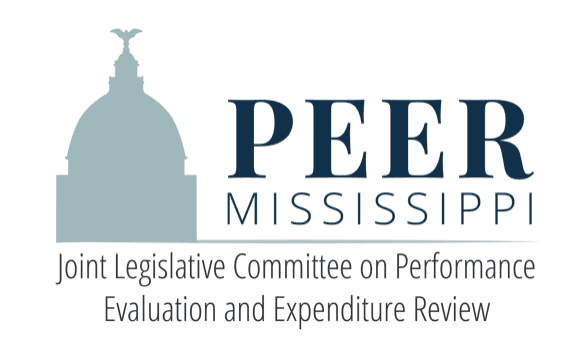
PEER found that insufficient data was kept making it unable to evaluate true effectiveness.
The Mississippi Legislative PEER Committee released its most recent report entitled: An Evaluability Assessment of the Mississippi Delta Medicaid Population Health Demonstration Project.
Referred to as “The Project” in the official report, it began in 2014 as a pilot program with Medicaid funding and was administered by the Delta Health Alliance (DHA). The Project comprises of two programs, the Delta Medicaid Prediabetes Program and the Healthy Pregnancy Program.
In 2020 Lawmakers passed HB 1713 which required that the PEER committee evaluate both of these programs and the services of DHA. They found that the DHA expended funds for two years prior to any recruitment of program participants and of the three registries developed by the Cerner within the Project, only the Pre-diabetes registry has been utilized by DHA to provide a recruitment list for program participants.
The Center for Community Research and Evaluation’s evaluation of the Project is insufficient to establish the effectiveness of it based on the documents that were submitted to PEER. They showed that DHA has not tracked the extent to which the participants have received similar services from a different source during the evaluation period.
You can red the full report HERE.
In the 2021 Legislative session lawmakers passed HB 1400 which significantly reduced the funding allocated to DHA for the Project from $4.2 million in FY2021 to $1 million in FY2022. DHA has now said it has taken action to ensure a shut down of the program but continue serving existing patients.
PEER recommended that Medicaid report to the Legislature by the end of 2021 different ways that funding could be allocated if not to the Project and why. They also recommended DHA develop more effective documentation on how programs are evaluated, performance measures and other data and metrics. Lastly, they believe the Department of Medicaid should oversee the Project and report its findings in conjunction with the DHA report.
Some of the Committee’s major findings include:
- On June 26, 2014, DOM issued a request for grant proposals to implement a pilot program targeting prediabetes and preterm births. PEER identified several applicant requirements that could be considered restrictive, and given the resulting narrow scope, DHA submitted the only grant proposal. DOM awarded DHA the Mississippi Delta Medicaid Population Health Demonstration Project (the Project) on July 14, 2014.
- The Project consists of the Delta Medicaid Prediabetes Program and the Healthy Pregnancy Program. The Project initially started in five Delta counties (Phase One) but expanded to include five additional counties in the Delta (Phase Two) and seven additional counties in southwest Mississippi (Phase Three).
- Early operational delays in launching the Project resulted in a two-year time frame between when DOM first awarded DHA the grant for the Project and when DHA first started recruiting participants for the Delta Medicaid Prediabetes Program. As a result, DHA expended state funds for two years in an effort to launch the Project, prior to any recruitment of program participants. DHA Project expenditures in FY 2015 and FY 2016 totaled approximately $2.46 million.
- Even excluding the two-plus year delay prior to recruitment and provision of programmatic services, the Delta Medicaid Prediabetes Program and Healthy Pregnancy Program have each produced less than 100 participants per 12 months, on average, who completed the program. This is in part due to each program’s limited reach and each program’s high non-completion rate: 38.5% for the Delta Medicaid Prediabetes Program and 35.8% for the Healthy Pregnancy Program.
- The Center for Community Research and Evaluation’s evaluation of the Project is insufficient to establish the effectiveness of the Project and its two respective programs, based on documents DHA and the Center for Community Research and Evaluation submitted to PEER. Primarily, the Center for Community Research and Evaluation is unable to document its project’s research plan/methodology.
- Neither DOM, DHA, or the Center for Community Research and Evaluation tracked the extent to which Project participants received prediabetes or preterm birth intervention services from another source during the evaluation process. Given such, it is unknown to what extent such Project services overlapped with services provided by managed care providers, the Perinatal High-Risk Management/Infant Services System program, or other applicable prediabetes and pregnancy services.
Peer Dha Project by yallpolitics on Scribd











